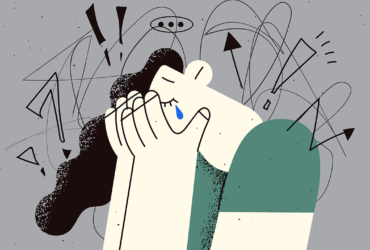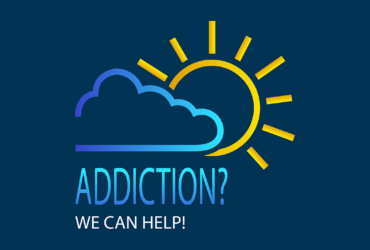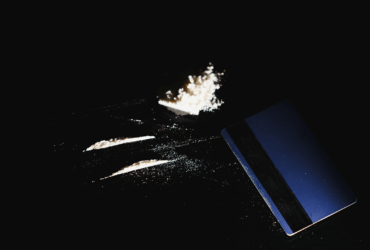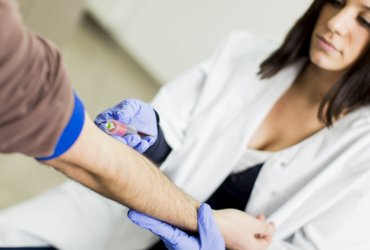This section focuses mostly on alcohol and drug abuse and the impact it has on both the addict and the family and close friends of the person inflicted.
Contrary to common belief, many people inflicted by alcohol and drug addiction were functioning and intelligent individuals. Many were caught up in a desperate and life-changing crisis, leading to their dependency on alcohol and drugs to ease their pain.
In doing so, they unleashed a profoundly uncontrollable addiction they were unable to overcome and often with devastating consequences.
This section covers how to detect signs of addiction and the types of public and private recovery and treatment resources available.
Different Approaches To Treating Drug and Alcohol Addiction
The section looks at three of the main approaches to treating dangerous addictions, including:
- Short-term residential care
- Outpatient drug-free treatment
- Therapeutic communities
Short-Term Residential Care
Depending on the patient’s condition and history, short-term residential treatment varies between three-to-eight weeks of inpatient care leading to outpatient therapy.
Outpatient Therapy
Outpatient therapy, such as Alcoholics Anonymous, is a twelve-step program that utilizes peer-supported group participation.
Other forms of outpatient drug-free therapy are based on clinic visits and individual and group talk therapies and could include cognitive behavior therapies.
Some outpatient therapies include drug therapy, often requiring a strong and involved friend-and-family support network.

Therapeutic Communities
Therapeutic communities are long-term residential programs in which the patient resides in the facility for an extended period. The term can be medically assessed continuously depending on the patient’s progress. However, most therapeutic communities last between six-to-twelve months in duration.
The intensive and long-term character of such forms of therapy is usually reserved for those who have been determined to be violent to themselves or to others around them.
The following articles will address the individual and social implications of drug and alcohol addiction while covering the many therapeutic and holistic options for patients and their families to consider.
Especially the family dynamics around adult children of alcoholic parents.
Learn how to stop using opiates, cocaine, alcohol, and other dangerous drugs to control your stress and anxiety.
Learn about the deadly and dangerous consequences of crack cocaine.
Food Addiction Disorders
Eating disorders are serious and potentially life-threatening. Eating disorders can happen to people of any age, gender, race, ethnicity, and financial status.
The Two Major Eating Disorders
- Anorexia
- Bulimia
Factors That Cause Severe Eating Disorders
- Genetics
- Emotional Trauma
- Peer Pressure
- Anxiety Disorders
- Obsessive Compulsive Disorder (OCD)

Treatment For Severe Eating Disorders
- Behavioral Therapy (CBD)
- Psychotherapy
- Medication
- Group Therapy
- Hospitalization
Risks and Dangers If Left Untreated
- Kidney and liver damage
- Hypoglycemia
- Insomnia
- Anemia
- Heart rhythm disorders
- Heart attack
- Death







